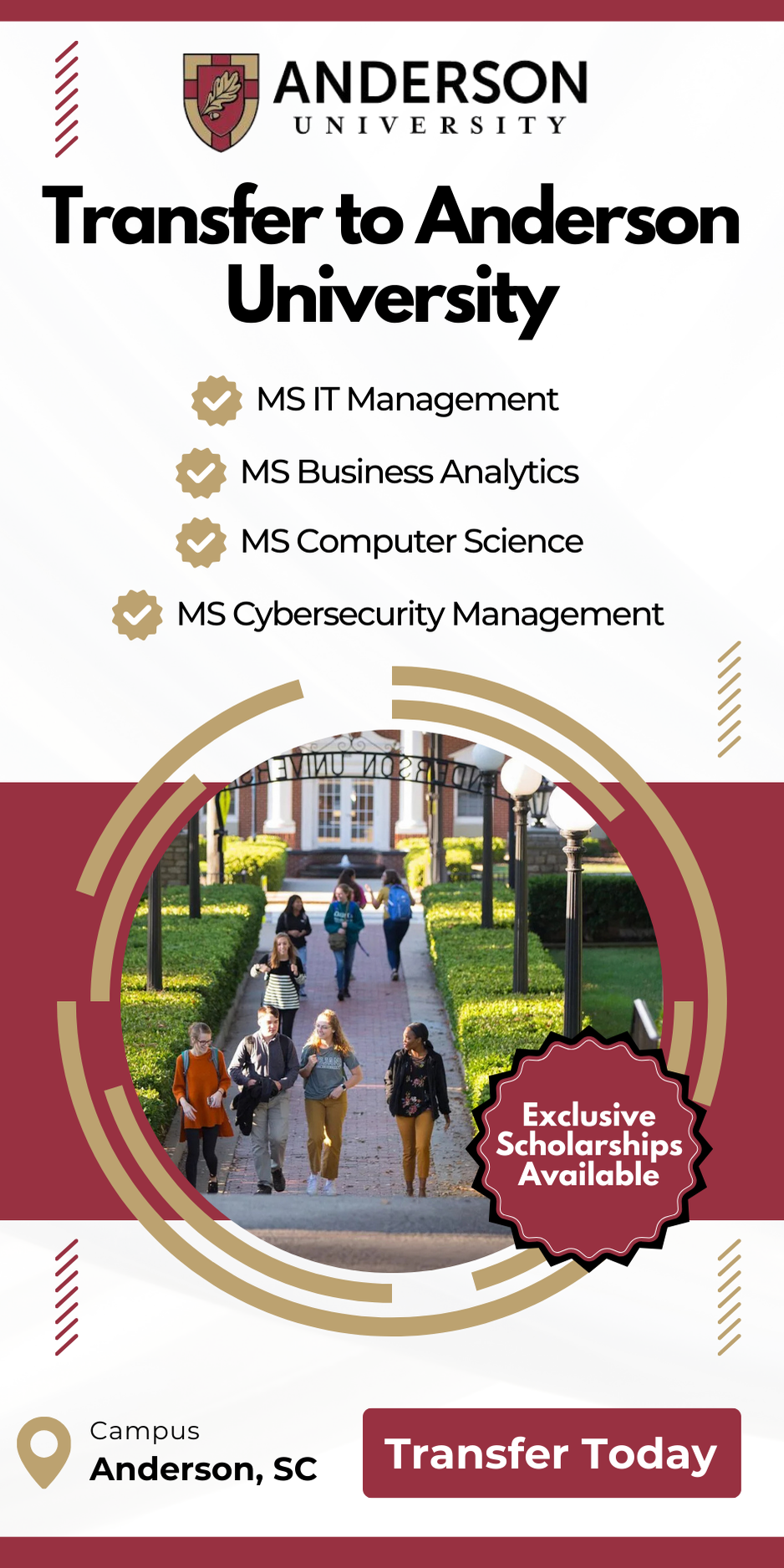If you weren’t selected in the H-1B lottery, there are several alternative pathways to consider for staying and working in the United States:
- Cap-Exempt H-1B Employment
Certain employers, such as institutions of higher education, affiliated nonprofit entities, nonprofit research organizations, and government research organizations, are exempt from the H-1B cap. Securing a position with these employers allows you to obtain an H-1B visa without going through the lottery process. - L-1 Intracompany Transferee Visa
If you’ve worked for a multinational company abroad for at least one year in the past three years, you may qualify for an L-1 visa to transfer to a U.S. office in a managerial or specialized knowledge role. This visa is not subject to a lottery and supports dual intent. - O-1 Visa for Individuals with Extraordinary Ability
The O-1 visa is designed for individuals with extraordinary abilities in science, education, business, or athletics. This visa is not subject to annual caps and can be renewed indefinitely, provided the qualifying conditions are maintained. - TN Visa for Canadian and Mexican Professionals
Under the United States-Mexico-Canada Agreement (USMCA), citizens of Canada and Mexico can apply for TN visas, which allow them to work in the U.S. in certain professional occupations. This visa is not subject to a cap and is renewable indefinitely. - E-3 Visa for Australian Nationals
Australian citizens may be eligible for the E-3 visa, which allows them to work in the U.S. in specialty occupations. It is similar to the H-1B but exclusively for Australians and has its own separate annual quota, which is rarely filled. - F-1 Student Visa with Curricular Practical Training (CPT)
Enrolling in a U.S. educational institution that offers Curricular Practical Training (CPT) can provide work authorization related to your field of study. Some programs offer Day 1 CPT, allowing you to work full-time while pursuing your degree, though it’s essential to ensure compliance with SEVP regulations. - Employment Authorization for Dependents
If your spouse holds a visa that allows for dependent work authorization, such as L-1, E-1, E-2, or J-1, you may be eligible for employment authorization as a dependent. This requires obtaining an Employment Authorization Document (EAD) before commencing work. - J-1 Exchange Visitor Visa
The J-1 visa offers practical training and employment opportunities through approved exchange programs. This visa suits trainees, interns, researchers, and other exchange visitors. Some J-1 categories require a two-year home residency unless waived. - E-2 Treaty Investor Visa
If you are a national of a country with a qualifying treaty with the U.S. and invest a substantial amount of capital in a U.S. business, you may be eligible for the E-2 visa. This visa allows you to work in the U.S. to develop and direct the investment enterprise. - B-1 in Lieu of H-1B Visa
For short-term assignments, the B-1 instead of H-1B visa allows foreign workers to perform H-1B-level work in the U.S. while remaining employed and paid by their foreign employer. This option is suitable for temporary projects requiring specialized skills and cannot be used for long-term employment.
People Also Ask (PAA):
- What are the alternatives if not selected in the H-1B lottery?
Options include cap-exempt H-1B employment, L-1 visas, O-1 visas, TN visas, E-3 visas, and F-1 with CPT. - Can I reapply for the H-1B lottery next year?
You can participate in the H-1B lottery each year, provided you have a sponsoring employer and meet eligibility. - What is a cap-exempt H-1B employer?
These are employers like universities, government research centers, or nonprofit institutions affiliated with higher education that are not subject to the H-1B annual cap. - How does the L-1 visa differ from the H-1B visa?
The L-1 visa is for intracompany transferees with managerial or specialized roles, while the H-1B is for specialty occupations that require at least a bachelor’s degree and goes through a lottery. - What qualifies someone for an O-1 visa?
Individuals with extraordinary ability in science, education, business, or athletics demonstrated through awards, recognition, or significant contributions may qualify for an O-1 visa. - Are there work visas specific to certain countries?
Yes. The TN visa is for Canadian and Mexican citizens, and the E-3 visa is specifically for Australian nationals. - Can I study in the U.S. and work simultaneously?
Yes. Students enrolled under an F-1 visa can work if authorized for CPT or OPT as part of their academic program. - Is there a visa for investors in the U.S.?
Yes. The E-2 Treaty Investor visa is available for nationals of treaty countries who invest a substantial amount of capital in a U.S. business. - Can dependents of visa holders work in the U.S.?
Yes. Dependents on L-2, E-2, or J-2 visas may be eligible for an Employment Authorization Document (EAD) and work legally. - What is the B-1 instead of H-1B visa?
It is a short-term visa that allows foreign employees to conduct H-1B-level work temporarily while being employed by their foreign company. It is not a replacement for long-term U.S. work authorization.
Exploring these alternatives can help you find a suitable pathway to work and stay in the United States despite not being selected in the H-1B lottery.

